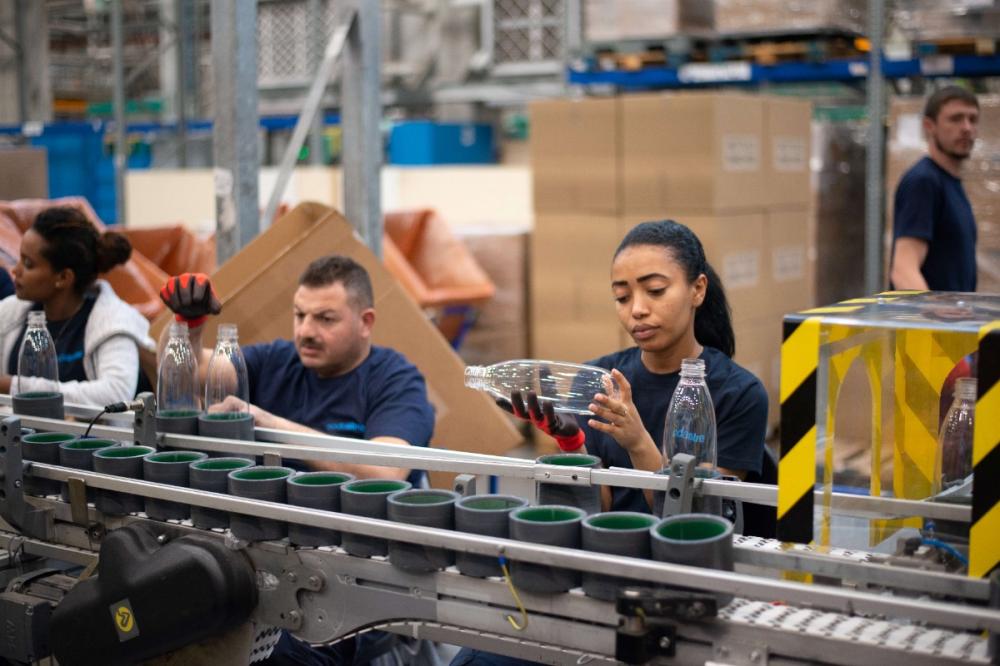search
date/time
 | Yorkshire Times A Voice of the Free Press |
5:00 AM 10th December 2020
business
Opinion
Could Modern Slavery Be In Your Supply Chain?

Modern slavery and poor working conditions still exist across the Globe, and UK businesses aren't exempt. In fact, there were over 5,000 modern slavery offences recorded by the police in England and Wales in the year ending March 2019, an increase of 51 per cent from the previous year!
Yes, there are unsavoury businesses that blatantly exploit their employees, however, what about the people in the supply chain who are hidden from sight? In most cases organisations just aren't aware of the exploitative practices of their partners and the poor working conditions of the people in their supply chain.

Donald Moore
There isn’t a quick and easy solution but to start with, organisations must get closer to their partners. Visiting them and getting under the skin of how they operate is a must, as is interrogating them about working conditions and how they’re audited. Do their people have a workers’ representation committee which allows them to have a voice where they can raise concerns and lobby for change?
And it goes without saying that child labour shouldn’t be used, but what grievance mechanisms are in place should this be encountered?

Finding out the wages and working hours of the people involved in bringing a company’s products to market is key to avoiding unethical practices. By carrying-out Sedex Members Ethical Trade Audits (SMETA), which is an ethical audit methodology, at all UK and partner factories/locations, this provides a robust means to check labour standards, health and safety and business ethics.
Everyone should have the right to choose their employment and be treated fairly and with respect. It’s the obligation of businesses to ensure this takes place throughout their supply chain otherwise they’re complicit in gross negligence at best and modern slavery at worst!